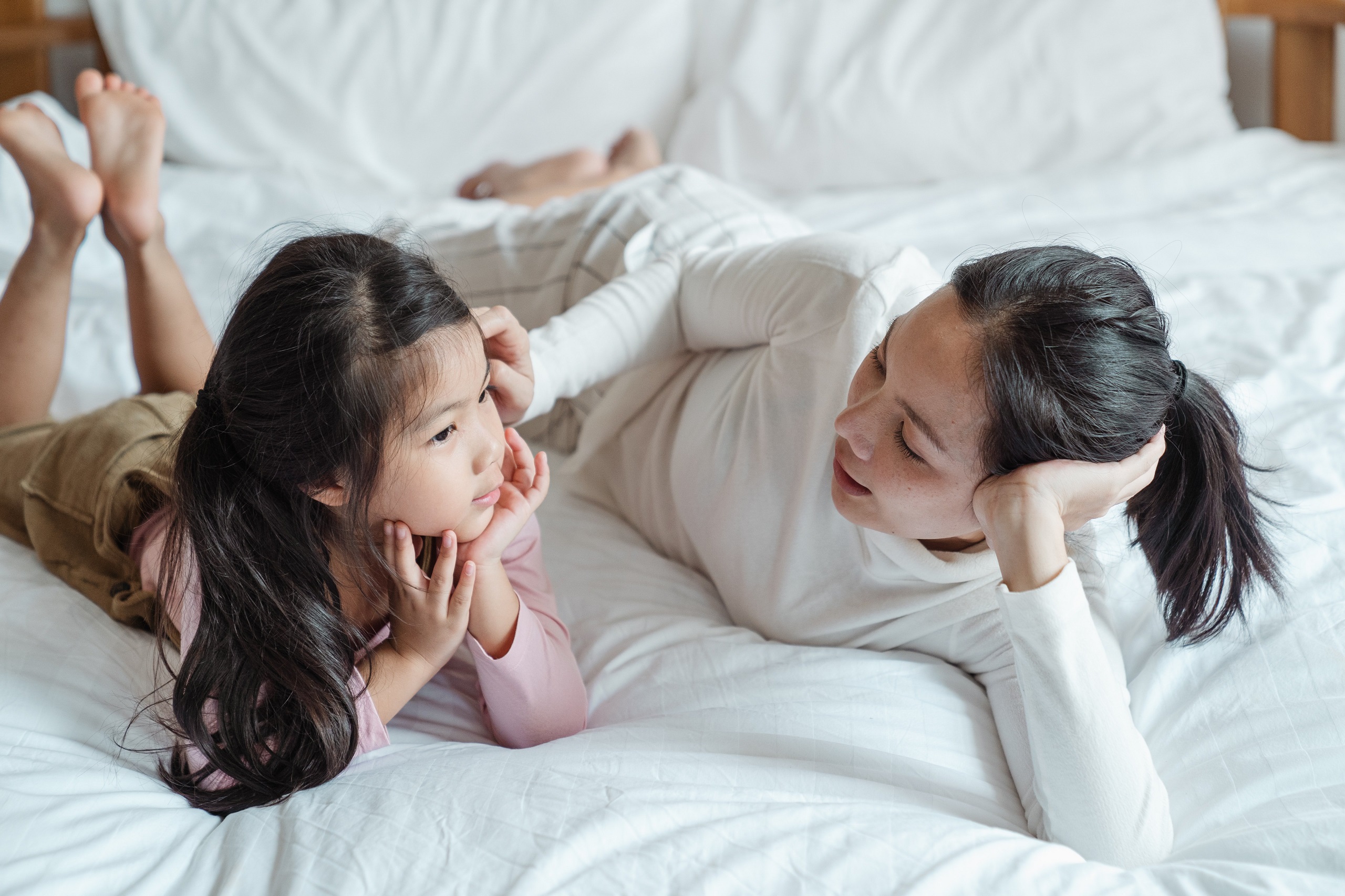Tech Healthy Families Make Space for Mindful Media Consumption & Communication

As a mother of five children ages 12, 14, 15, 17 & 20, there is a lot to process in the world right now. Even if I wanted to “protect” them from the news & media (which I don’t), they see it and experience it on their own, consume it on their devices, engage with it on their social channels, in conversations with peers over gaming systems, & in their virtual classrooms. Heavy exposure to media is a reality of parenting this generation of adolescents and young adults. It is so intertwined and integrated in the way they go through the world, that resisting it futile. However, unpacking and understanding it has never been more necessary.
In fact, media literacy and deconstruction together with familial communication and connection, feel like the parenting work of our time. The question is no longer, will they be exposed to a constant cycle of breaking and updated news and images? But instead, how do we accept that their daily online rounds will be met with a mixture of news, opinion, satire, click bait, agitators, comment wars, vetted facts, credible sources, emotional escalation, hate language, studies and experts. The question that reveals is not how do we limit it, but how do we help them process and manage it all?
Our human relationship to the growing thinkers in our care is critical work. Being a person who shows up to talk about the hard and challenging topics from pandemic to police brutality, is the key to helping them make sense of the world. It helps us raise young people who question, stay curious, practice self-care, develop their own voice and engage with the issues of this time. The duality of media literacy and the humanity to go with it, is one of the greatest tools for safety, security, social and emotional intelligence and well-being we can give our children.
This job is as big as it is important. It is not a box to check, but a process that doesn’t end. Here are a few ways to start:
- Adults Engage: It’s up to the adults to address, educate & process our own feelings, experiences & beliefs so we can bring fully formed – yet dynamic – self-knowledge, self-development & self-understanding to our family system. The more we know about ourselves and the issues, the better we can prepare and support our children.
- Set The Space: Build the muscle of opening doors on tough topics. Our reactions and responses to issues send a strong message to our teens about what is ok and not ok to talk about. Reflect on the rise of your own emotions so that issues that shut you down, can work to stay open (in mind and heart) during safe but hard conversations.
- Regular Debriefings: When the adults have the knowledge and awareness and the space has been set, regular debriefings become a natural part of the scaffolding towards digital health and well-being. We can intentionally discuss stories, answer questions, share our points of view and talk about the tough stuff that comes across our screens.
- Mindful Breaks: Engaged families know that deliberate time and space away from screens is part of being a tech healthy family. Being physically and emotionally present for friends and family (minding pandemic protocol) with our full attention, working on projects, hobbies and activities that matter to us, moving our bodies or getting fresh air, sleep and healthy eating support our personal regulation and well-being.
- Push & Pull: Questioning, probing and curiosity are cornerstones of media health and family modeling. Showing our kids we can hold space for new thinking and ideas, while also holding to our values and belief systems can develop a strong sense of self on and away from the screens.

 Janell Burley Hofmann
Janell Burley Hofmann